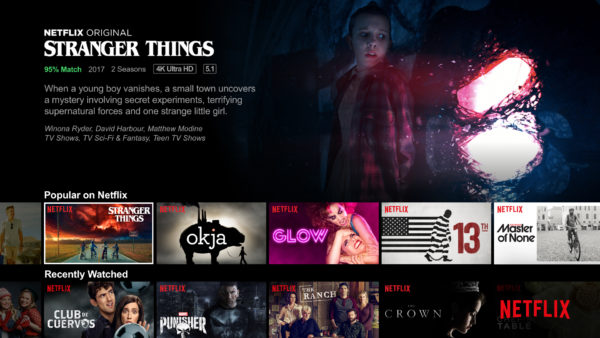
Digital services such as Netflix and Spotify, and possibly even software tools like Microsoft Office 365, could attract a goods and services tax (GST) in Singapore from January 1, 2020, as part of the country’s Budget 2018.
The new measure, unveiled today by Finance Minister Heng Swee Keat, calls for GST to be levied on services that are “imported”. In other words, offerings from companies not based in Singapore currently, which are not affected by the tax now.
The change also means that GST could be applied to a wide variety of software and services, such as mobile app downloads from Google Play Store or Apple AppStore.
The Ministry of Finance said that currently GST is levied only on companies that are based here but not those from overseas. This is set to change to make the tax system “fair and resilient”, it added.
For now, it is unclear if this could raise prices for end users, or if service providers will absorb at least part of the GST. What’s certain is that costs will go up for companies providing services to Singaporean consumers, at least for large companies.
GST will apply to those with an annual turnover of S$1 million and which sell at least S$100,000 of services to Singapore, reported Channel NewsAsia.
It doesn’t help, of course, that GST is going up as well. It will be raised from the current 7 per cent to 9 per cent sometime in the next three to eight years, as part of a Budget that has more bumps than bonuses for most people here.
Well, at least things will not change – for now – for physical goods that you ship from overseas, say, from Amazon or other e-commerce stores.
The new GST rule is only for digital services, at least until the government figures out how to tax your purchase of a solid state drive (SSD) from Amazon or a new pair of shoes from Mr Porter.
So, the current regime for physical goods remains. You can ship up to S$400 worth of stuff from overseas and avoid paying GST for now. The authorities say they are still reviewing “international developments” before deciding what to do.






